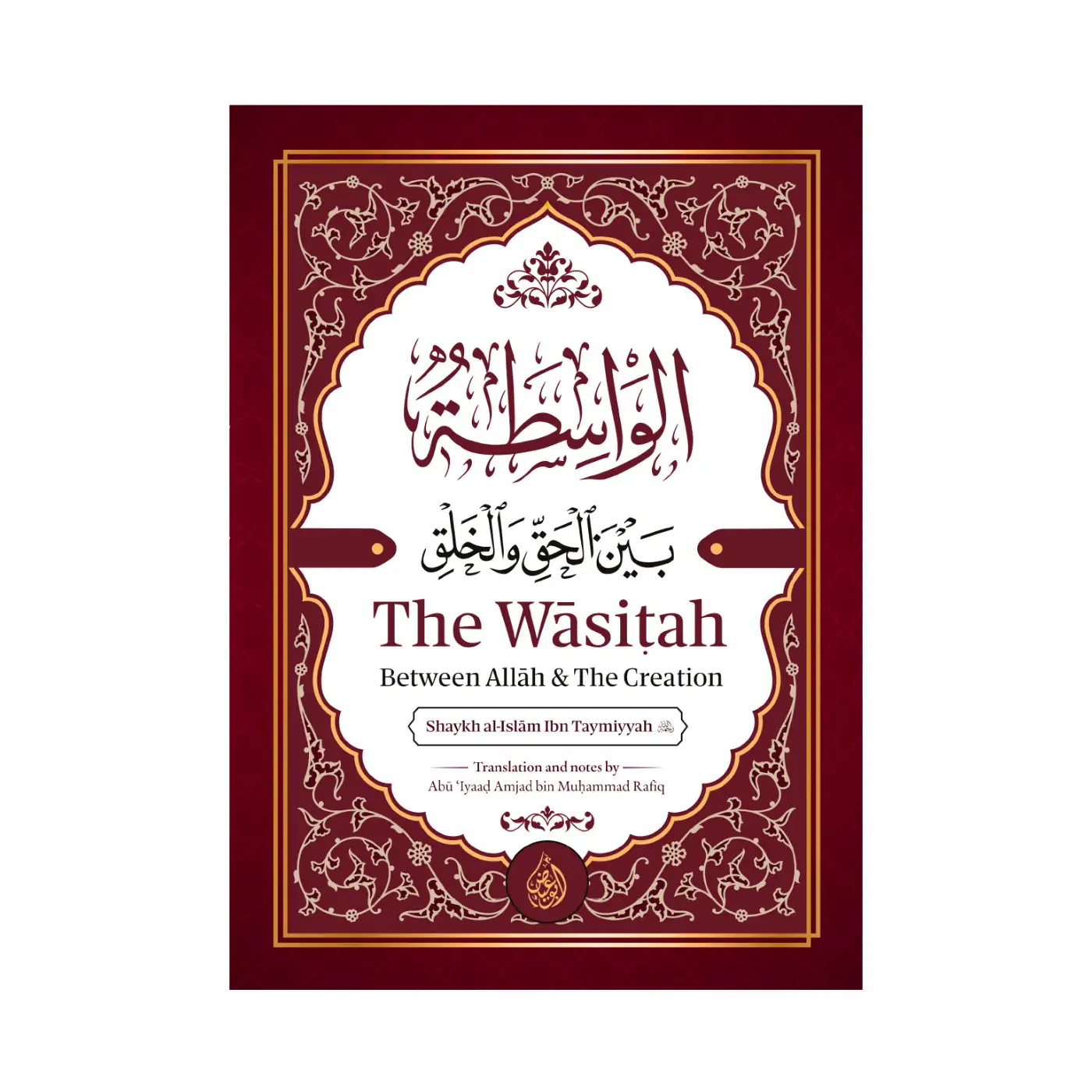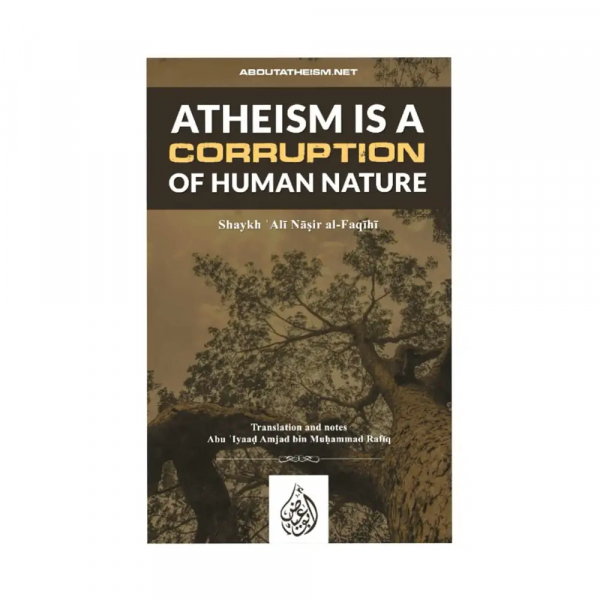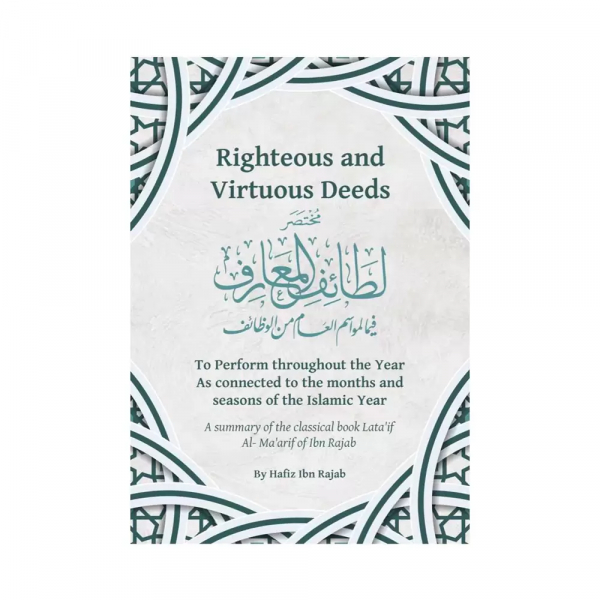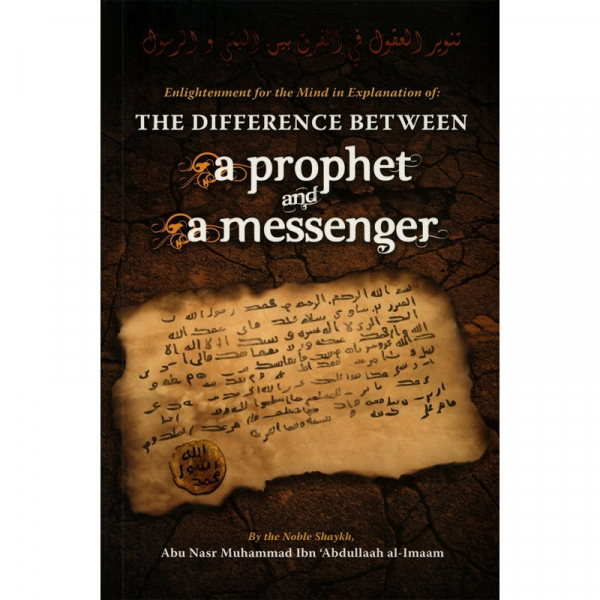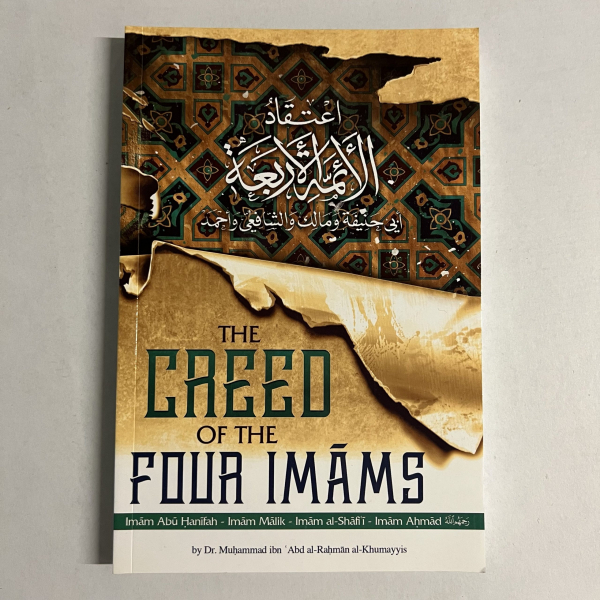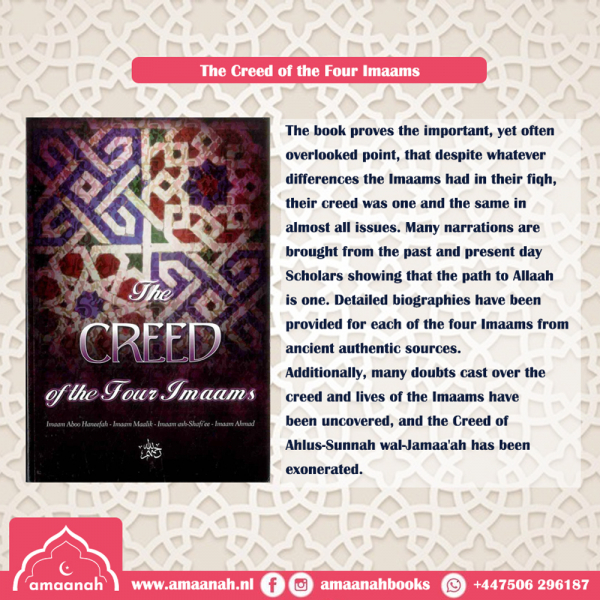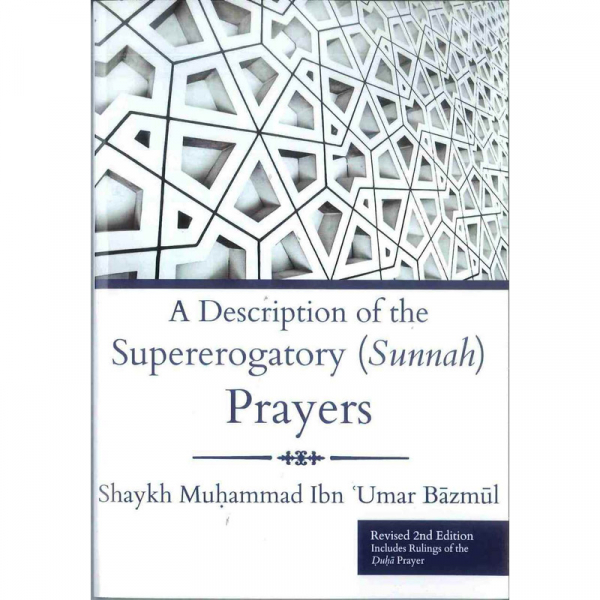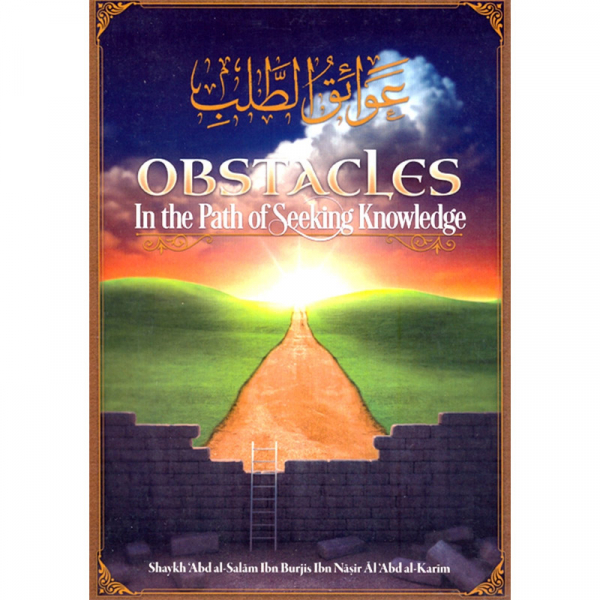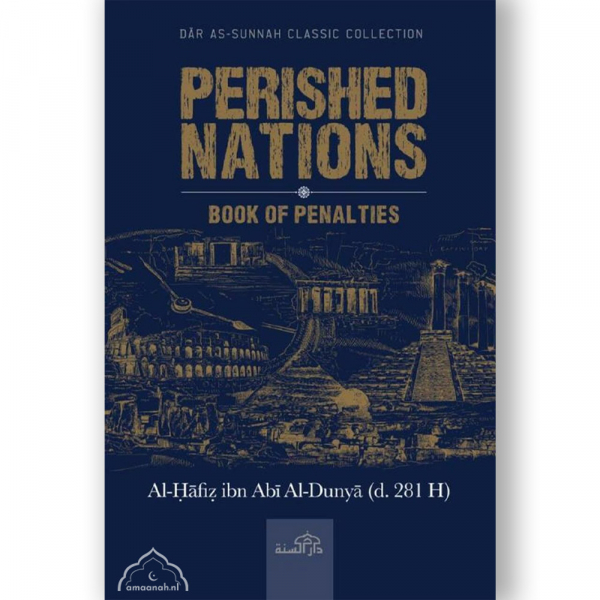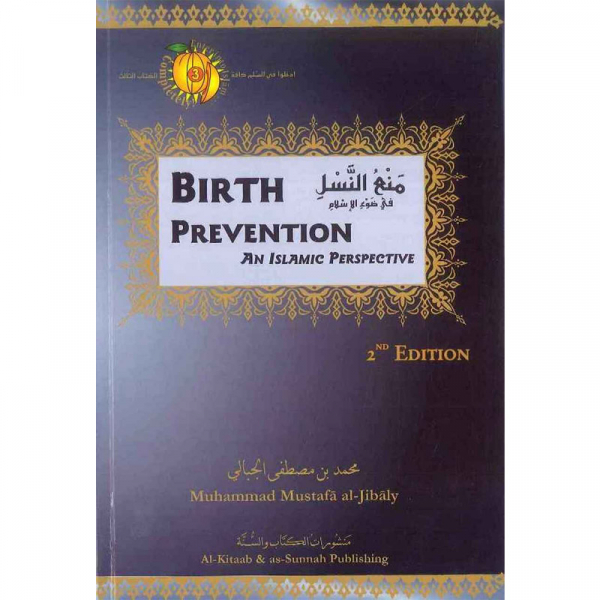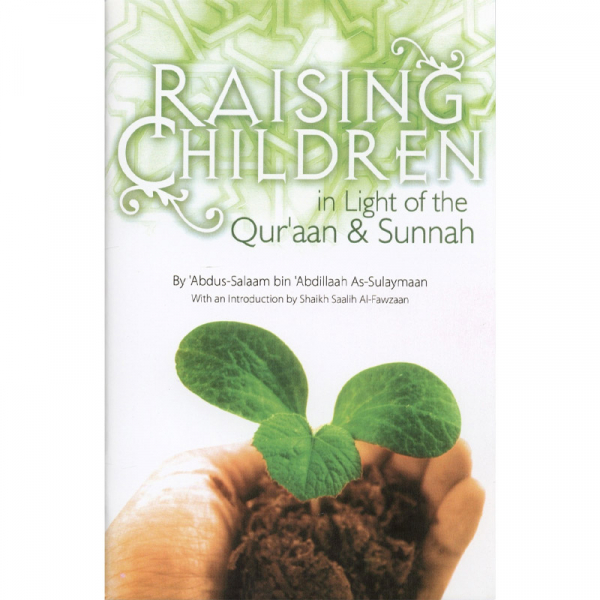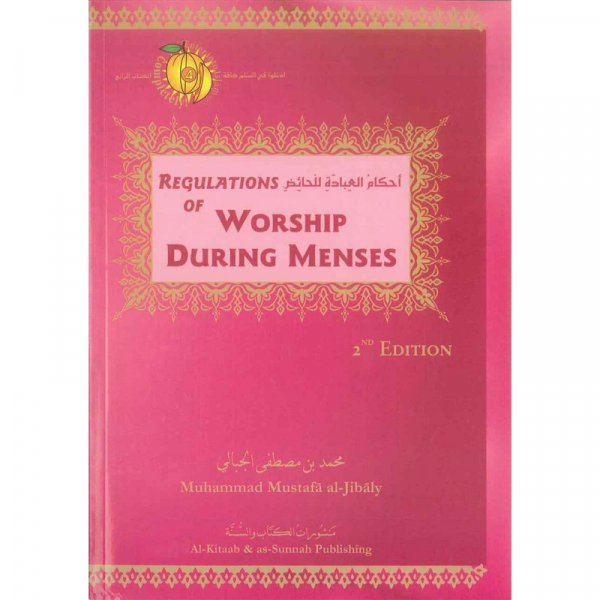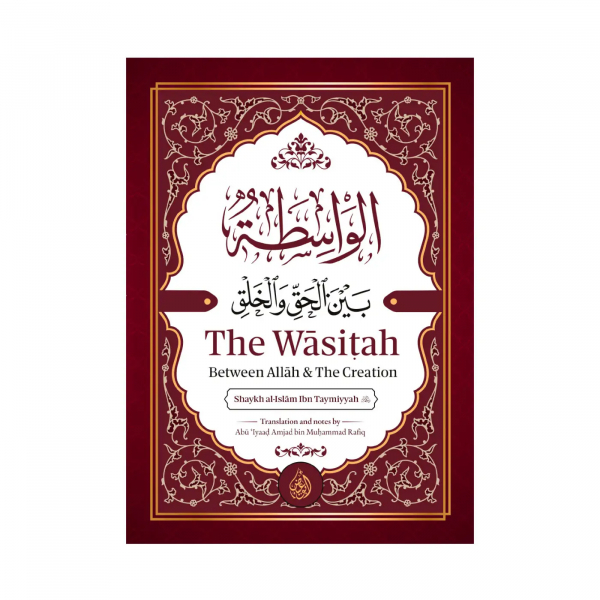Shaykh al-Islam Ibn Taymiyyah | Abu Iyaad Amjad Rafiq
This is a small but extremely valuable treatise by Shaykh al-Islam Ibn Taymiyyah (may Allah have mercy on him) on the subject of the Wasitah, which refers to intermediation (agency) between Allah and His creation, and in which Muslims became confused and misguided. The correct understanding is that the Prophets and Messengers are intermediaries between Allah and His creation in the sense that they carry Allah’s guidance, message and law to the people, while they themselves hold no power over life, death, benefit, and harm.
Nor do they have any independent right to intercession, such that they can intercede at will, for Allah’s servants, unless they are given permission to do so, and for the one Allah is pleased with, and this will take place in the hereafter. However, many Muslims have deviated from this truth and have turned not just Prophets and Messengers, but righteous people also into intermediaries for fulfilment of their religious and worldly needs, such as forgiveness of sins, safety, provision and offspring. Shaykh al-Islam Ibn Taymiyyah explains the subject matter very clearly, through extensive citation of the Qur’an and separates truth from falsehood, until all confusion is lifted.
This is appended by a treatise refuting the doubts of Yasir Qadhi regarding the Tawhid of the Messengers: Did Shaykh al-Islam Muhammad bin Abd al-Wahhab invent a false conception of Shirk. The author said:
In this treatise, we address the claim of Yasir Qadhi and the grave-worshippers that Shaykh al-Islam Muhammad bin Abd al-Wahhab (may Allah have mercy on him) created a false conception of shirk from the Quran and was not preceded by anyone in judging certain actions and forms of invocation to be shirk. In what follows, we establish that Ibn ‘Abd al-Wahhab was preceded by scholars before him, such as Ibn Taymiyyah in 8th century Hijrah — and even the likes of Fakhr al-Razi in the 6th century — in considering the soliciting of intercession from the dead at their graves to be shirk, without that being conditioned by the belief that those invoked are taken as micro or mini-gods, who are believed to have some degree of control over Allah’s creation.

